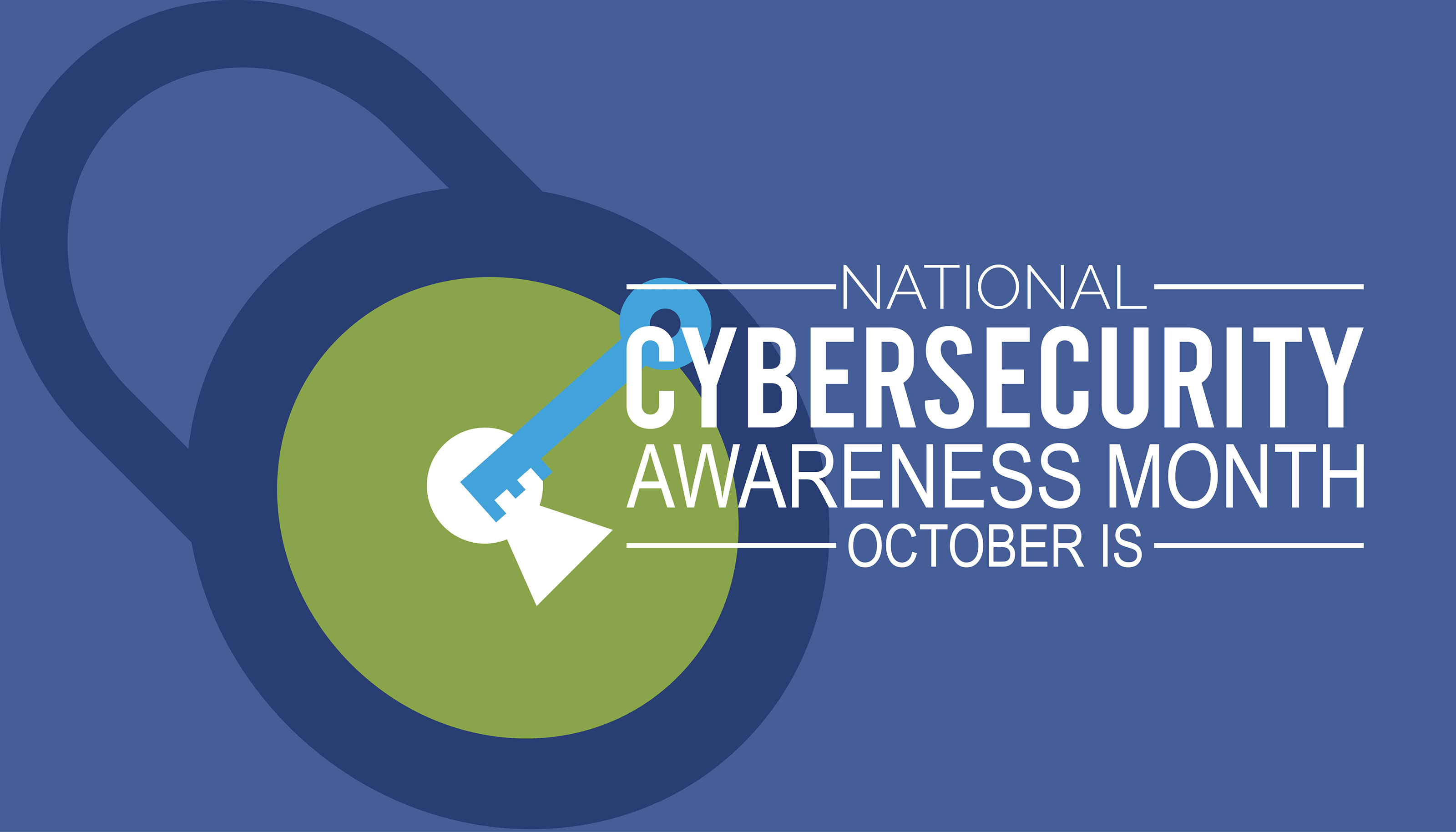October is Cybersecurity Awareness Month, making it the perfect time to improve your defenses against scams. Cybercriminals have become increasingly sophisticated, employing phishing emails, texts, and caller ID spoofing, says Eva Velasquez, CEO of the Identity Theft Resource Center. As fraud techniques advance, it's essential to know what to look out for and protect yourself online.
Alissa Abdullah, Mastercard's Deputy Chief Security Officer, recommends remembering the "three S’s": Stay suspicious, stop to assess, and stay protected when you think you might be getting scammed.
Recognize Scammers' Tactics
Scammers often use these three tactics:
- Fear: Scammers may claim there’s a critical issue, like a tax error, creating urgency and worry.
- Urgency: They push for fast action to catch people off-guard, often resulting in divulged personal details.
- Money: Scammers may impersonate authorities like IRS officials, promising large returns in exchange for sensitive information.
Familiarize Yourself with Common Scams
Being aware of typical scams helps protect you. Here’s what to know about a few common types:
Robocalls: These often target vulnerable groups. If you receive an unknown call or text asking for payment, hang up and verify by contacting the organization directly.
Romance Scams: Lonely individuals are frequently targeted in prolonged scams involving fictitious identities. Signs to watch for include overly flattering strangers and requests to use alternative messaging platforms like WhatsApp.
Job Scams: Fraudulent jobs may promise high salaries for low-skill roles or claim to be 100% remote. Scammers may also request personal information early in the hiring process.
Investment Scams: "Get-rich-quick" schemes often promise returns through testimonials or cryptocurrency offers. Before investing, the FTC advises checking company reviews and researching for potential red flags.
Quiz Scams: Innocent-looking online quizzes may ask for personal details, which scammers can use to guess your security answers. The FTC advises using random responses to security questions.
Marketplace Scams: When buying or selling on platforms like Facebook Marketplace, avoid giving codes or accepting payments from unknown contacts. Check profiles for verification and reviews.
Don’t Answer Unknown Calls
Scammers frequently use unsolicited calls. Ben Hoffman of Fifth Third Bank advises ignoring unknown numbers and blocking spam on your phone. Remember, banks don’t ask for sensitive information over the phone. Always call back on official numbers listed on websites.
Make Use of Technology for Protection
Leverage security tools such as password managers, credit report monitoring, and multi-factor authentication to safeguard your information and accounts.
Get Help and Report Scams
Organizations like the Identity Theft Resource Center and AARP Fraud Watch Network offer guidance on handling scams and protecting yourself. Reporting scams to the FTC helps track and prevent these crimes.
Share What You Learn
Educating friends and family is a powerful way to reduce scams. Help loved ones protect themselves by discussing online security practices and setting up scam filters.
Taking these steps this Cybersecurity Awareness Month will help ensure you, your family, and your finances stay secure.



























0 Comments